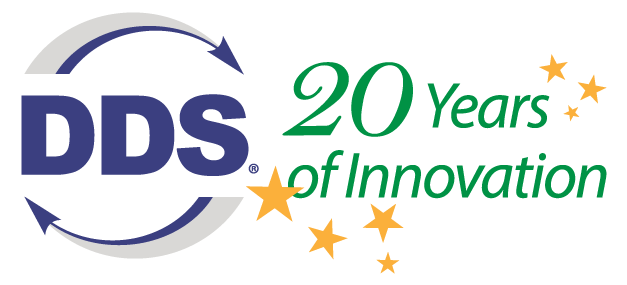
Test Post
The Object Management Group® (OMG®) is an international, open membership, not-for-profit technology standards consortium. Founded in 1989, OMG standards are driven by vendors, end-users, academic institutions and government agencies. OMG Task Forces develop enterprise integration standards for a wide range of technologies and an even wider range of industries. OMG’s modeling standards, including the Unified Modeling Language (UML) and Model Driven Architecture (MDA), enable powerful visual design, execution and maintenance of software and other processes. OMG also hosts organizations such as the user-driven information-sharing Cloud Standards Customer Council (CSCC) and the IT industry software quality standardization group, the Consortium for IT Software Quality (CISQ).
Our members include hundreds of organizations including software end-users in over two dozen vertical markets (from finance to healthcare and automotive to insurance) and virtually every large organization in the technology industry. OMG’s one organization- one vote policy ensures that every member organization- whether large or small- has an effective voice in our voting process.
At OMG, specification adoption is the starting point rather than the end of the process. Our “No Shelf-ware” policy bars all bidding specifications that do not have an implementation plan from being adopted by OMG. This guarantees that all OMG specifications are immediately useable. Furthermore, we do not just focus on the specification itself- we focus on the whole product: with corresponding seminars, workshops, certification, books and more!
OMG hosts four technical meetings throughout the year. These meetings give OMG members and interested nonmembers the opportunity to collaborate in a centralized location, learn about technology standards products and processes at tutorials, and attend special information day events on current trending hot topics. While technical meetings provide a centralized location for Task Forces and Working Groups to work together, they are merely checkpoints with the bulk of the work between members taking place electronically via email, teleconferences, and on wikis.
